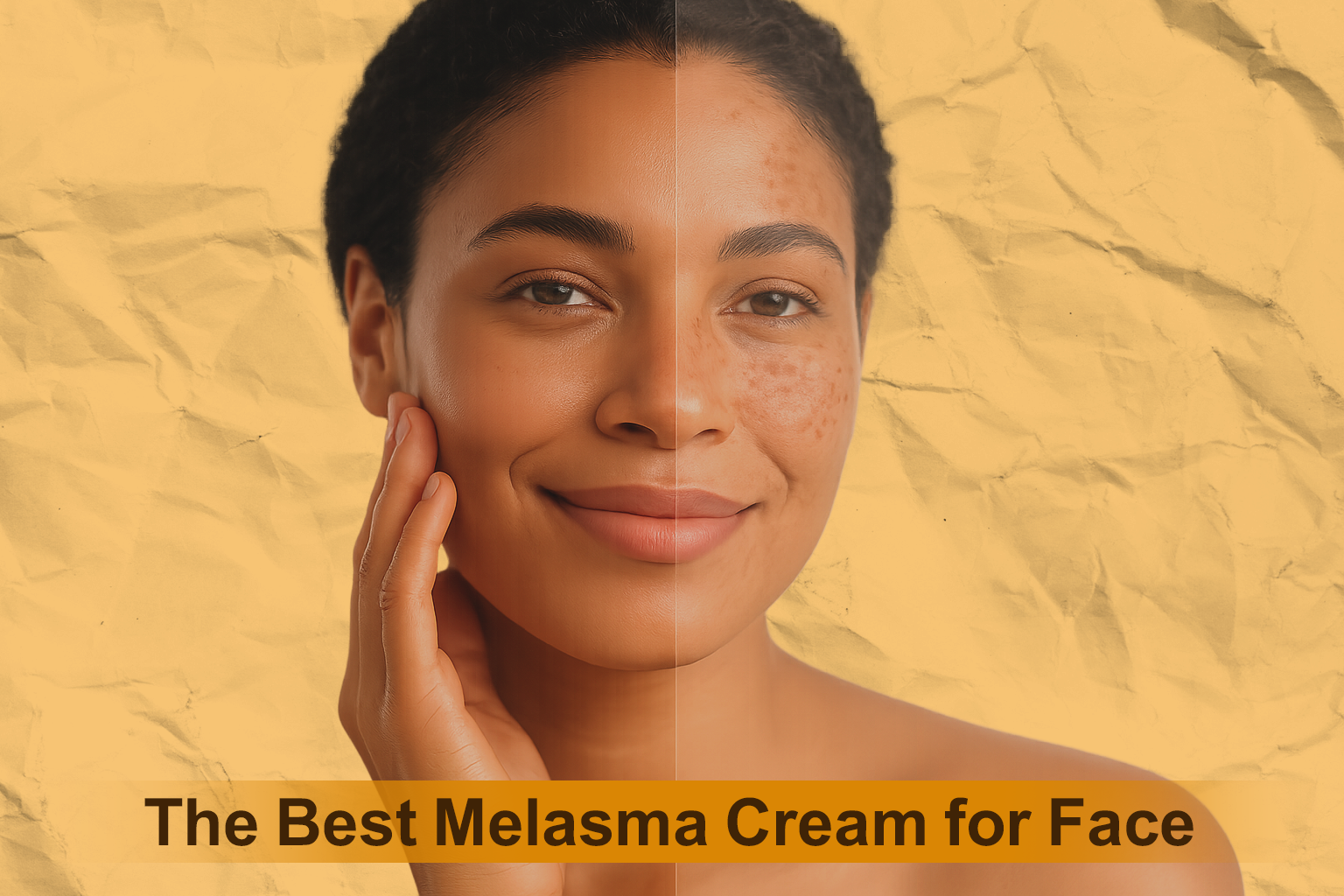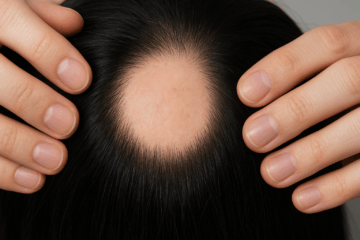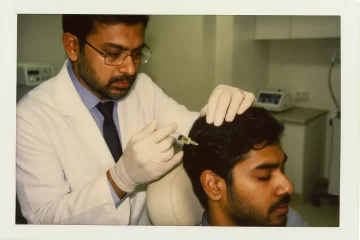If you’ve ever noticed dark, patchy spots appearing on your cheeks, forehead, or upper lip, chances are you might be dealing with melasma—a common skin condition that affects millions worldwide. While it’s not harmful or contagious, it can deeply impact self-confidence. Thankfully, there are treatments that can help, and among the most effective is finding the right melasma cream for face that suits your skin type and lifestyle.
In this in-depth guide, we’ll explore everything you need to know about melasma, including its causes, symptoms, prevention tips, and most importantly, the best melasma creams for face that can help restore your skin’s natural glow.
What Is Melasma?
The mask of pregnancy is a form of skin discoloration that causes brown or grayish-brown patches to develop on the skin. It’s more common in women, especially those with medium to dark skin tones, and often appears due to sun exposure, hormonal changes, or even stress.
Common areas affected by the mask of pregnancy include:
- Cheeks
- Forehead
- Bridge of the nose
- Chin
- Upper lip
In some cases, it may also appear on the forearms and neck.
What Causes Melasma?
Understanding the root cause of the mask of pregnancy can help in choosing the right melasma cream for face. Here are the most common triggers:
1. Sun Exposure
UV rays activate melanocytes, the cells responsible for producing pigment, which can lead to a worsening of melasma.
2. Hormonal Changes
Pregnancy, birth control pills, and hormone therapy are all linked to melasma. In fact, it is during pregnancy is often called the mask of pregnancy.”
3. Genetics
If the mask of pregnancy is common in your family, your chances of developing it may be higher due to genetic predisposition.
4. Skin Inflammation
Past injuries, acne, or cosmetic procedures can also trigger the mask of pregnancy in sensitive skin types.
How to Treat Melasma?
The best approach to treating melasma involves:
- Avoiding sun exposure
- Using broad-spectrum SPF daily
- Applying skin-brightening ingredients regularly
This is where a melasma cream for face becomes crucial.
What to Look for in a Melasma Cream for Face
Choosing the right melasma cream can make a world of difference. Here are the top ingredients to look for:
Hydroquinone
This skin-lightening ingredient is widely regarded as the gold standard for treating hyperpigmentation.
Niacinamide
It helps reduce inflammation, fades dark spots, and reinforces the skin’s natural barrier.
Kojic Acid
A natural ingredient derived from fungi that helps lighten pigmentation.
Vitamin C
Brightens skin tone and acts as an antioxidant to protect against further sun damage.
Azelaic Acid
It effectively minimizes inflammation and pigmentation, making it ideal for sensitive skin types.
Tranexamic Acid
A newer yet powerful ingredient for stubborn the mask of pregnancy patches.
Top Recommended Melasma Creams for Face
Here are some dermatologist-recommended and highly reviewed creams for the face:
1. Meladerm by Civant
Best For: All skin types
Why It Works: Formulated with kojic acid, niacinamide, and licorice extract, it targets pigmentation while soothing and brightening the skin.
hydroquinone-free.
2. Tri-Luma Cream
Best For: Severe melasma
Why It Works: Prescription-only cream with hydroquinone, tretinoin, and fluocinolone. Highly effective, but should be used under medical supervision.
3. Murad Rapid Age Spot & Pigment Lightening Serum
Best For: Combination skin
Why It Works: It contains hydroquinone and glycolic acid to exfoliate and lighten spots.
4. The Ordinary Azelaic Acid Suspension 10%
Best For: Sensitive and acne-prone skin
Why It Works: Gentle, affordable, and effective for melasma and redness.
5. Skinceuticals Discoloration Defense
Best For: Gradual brightening
Why It Works: Contains tranexamic acid, kojic acid, and niacinamide for a multi-pronged approach.
How to Apply Melasma Cream for Face (Step-by-Step)
To get the most out of your melasma cream for face, follow this skincare routine:
- Cleanse – Use a gentle, hydrating face wash.
- Tone (optional) – Apply a soothing toner to balance pH.
- Apply the Cream – Use a pea-sized amount and gently apply it only to the affected areas.
- Moisturize – Use a non-comedogenic moisturizer.
- SPF is Non-Negotiable – Always apply broad-spectrum sunscreen SPF 50+ in the morning, even indoors.
Common Mistakes to Avoid
Many people unknowingly sabotage their treatment. Avoid these common mistakes:
- Skipping sunscreen – The #1 reason melasma worsens.
- Excessive use of potent ingredients can cause irritation and may worsen pigmentation.
- Not being consistent – the mask of pregnancy creams works best over time; don’t expect overnight results.
- Using expired products – Active ingredients lose effectiveness.
Lifestyle Tips to Manage the mask of pregnancy Naturally
Besides topical creams, your lifestyle plays a big role in managing melasma:
Eat Skin-Healthy Foods
Incorporate antioxidant-rich fruits, leafy greens, and omega-3s.
Stay Hydrated
Drinking water helps detoxify your body and refreshes your skin.
Get Enough Sleep
Stress and fatigue can trigger hormonal imbalances.
Wear Hats and Sunglasses
Protect your skin from sun damage while outdoors.
Results: What to Expect and When
Results vary depending on the severity of melasma and the ingredients used, but here’s a general timeline:
- 2-4 weeks: Mild fading of dark patches
- 4-8 weeks: Noticeable improvement in skin tone
- 8-12 weeks: Significant fading with consistent use
Remember, melasma can be a long-term condition. The right the mask of pregnancy cream for face can make a huge difference, but patience and consistency are key.
Final Thoughts: Embrace the Journey to Clearer Skin
Melasma might seem stubborn, but it’s far from unbeatable. With the right skincare strategy, protection from the sun, and a trusted melasma cream for face, you can regain clear, radiant skin over time. There’s no one-size-fits-all solution, but taking control of your skincare and lifestyle is the first step toward reclaiming your confidence.
So don’t wait—start your journey toward healthier, spot-free skin today!





